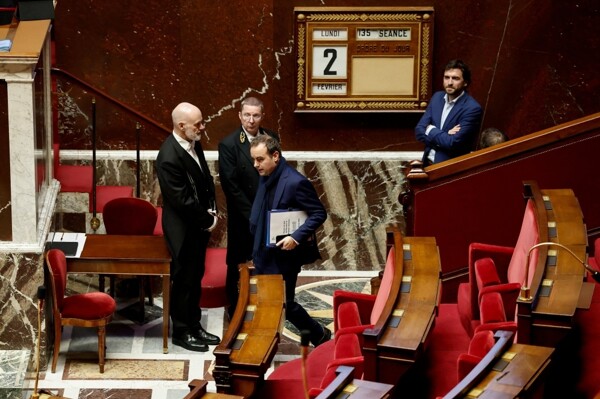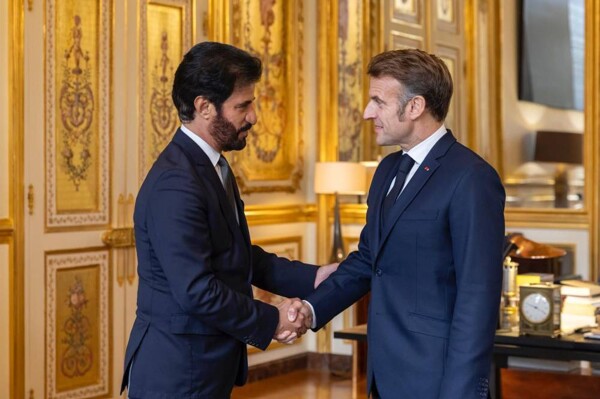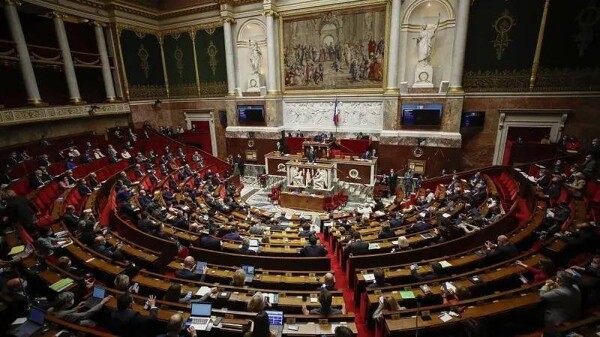
The proposal to allocate 150 billion euros for the defense industry in the European Union has become a new turning point in the long-standing struggle between France and Germany, particularly the initiative to revive the military industry on the continent. The main pressing issue has been the inclusion of non-Bloc countries in this initiative.
In light of the precarious conditions before US President Donald Trump's presidency regarding the end of several years of support from Americans, Europe has been obliged to significantly increase military spending and expand its local capabilities, reminiscent of the end of the Cold War. Just last week, the European Commission proposed to raise 150 billion euros to strengthen their European capacities for military production.
Support for the common idea is received through political unity; however, specific details are still unclear. A sharp concern has emerged regarding the possibility of spending resources on military equipment extracted from the European Union's internal structure.
During a meeting of European leaders last week, many, including German Chancellor Olaf Scholz, stated that the initiative should be open to partners outside of the European Union. French President Emmanuel Macron expressed the view that expenditures should be directed toward domestic military equipment.
Diplomats in Brussels are concerned that the initiative for 150 billion euros may deviate from its course, as occurred with the European defense industry's program amounting to 1.5 billion euros, which was stalled due to the demands from Paris to establish maximum expenditure levels for components from non-EU countries.
European Commission leaders, providing a detailed proposal within ten days, called for maintaining close contact with Paris, Berlin, and other capitals to ensure its basis upon acceptance by member states. The head of the commission, Ursula von der Leyen, stated that the credits issued for seven key procurement capabilities will help member states consolidate requests and purchases and also ensure 'immediate military supplies for Ukraine'.














